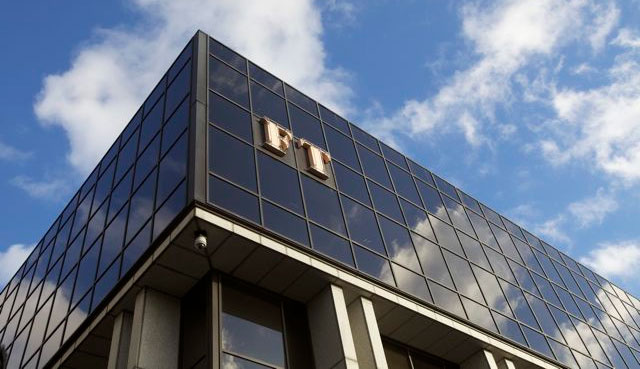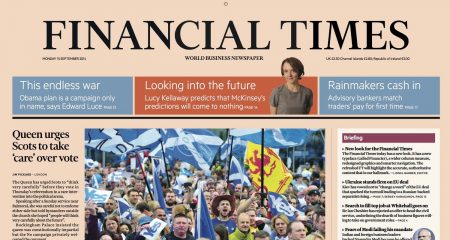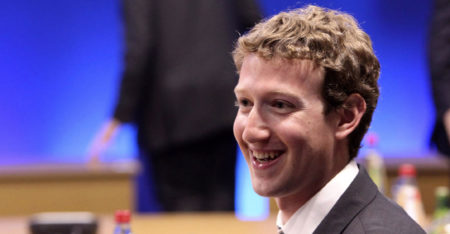
Business reporting has always been one of the most global forms of journalism, with economic and business news leaping continents in a globalised economy dominated by multinational countries. But business news organisations have still always had a strong national flavour, with even the global business news wire services reflecting their national origins.
But recent developments, culminating in the news that the Financial Times was being acquired by the Nikkei group, which owns Japan’s largest financial newspaper, suggest that business journalism could become even more global.
This follows the purchase of the other flagship business newspaper, The Wall Street Journal, by Rupert Murdoch in 2007, and the acquisition of BusinessWeek magazine by Bloomberg News in 2010.
The FT is in many ways the premier global business news brand, with its depth of sources and superb analysis by its well-respected columnists. It is also one of the more successful newspapers in making the transition to digital, with its large online subscriber base contributing a large proportion of its revenue, as well as providing advertisers with ready accessibility to a group of super-rich individuals.
But it has faced challenges in its attempt at global expansion and, in many ways, the Nikkei’s Asian strength could provide a boost for the new global group.
But they will face a challenge in making the merger work because of the very different corporate cultures in Japan and Britain — and the fact that the Nikkei group also has major television interests. A key to the success will be preserving the FT’s independence while leveraging the additional distributional and financial resources of its Japanese parent company.

The Japanese conglomerate probably paid above the odds to acquire the FT, with the £844m (R16,5bn) purchase price representing a significantly higher multiple than most recent sales of newspapers. Rupert Murdoch was also prepared to pay substantially more for the Journal, given the prestige it gave his group, and a trophy acquisition will undoubtedly enhance the global profile of the Nikkei group. The fact that another important regional media group, Germany’s Axel Springer, was also actively in the bidding shows the attractiveness of this strategy.
From the point of view of Pearson, which never seemed like an obvious fit with the FT, weakness in its core educational business in the US has probably encouraged the lucrative sale ahead of its own earnings statement.
Emerging rivals
Despite the success of the FT both as a brand and as a business model, global business newspaper groups still face significant threats from rivals in the digital age.
On one side, the commodification of business news online means that unless newspapers have a scoop or exclusive news story, information from wire services is likely to be available for free. And even in relation to the key competitive advantage of the FT, in its analysis and commentary, new Internet companies such as Business Insider are growing fast with a combination of news and speculation, and have attracted significant venture capital investment.
Global business media groups are going to have to be fleet of foot to capitalise on the growing market, particularly in emerging markets. ![]()
- Steve Schifferes is professor of financial journalism at City University London
- This article was originally published on The Conversation




